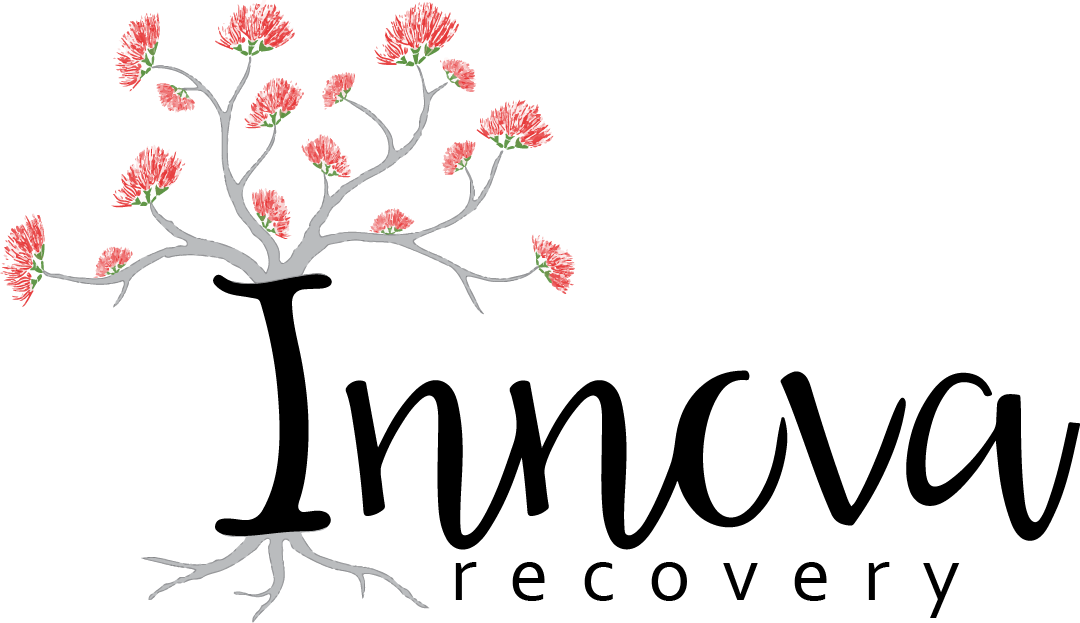By Alyssa Booth, LPC
So you’re thinking about going to therapy…
Recognizing that you need help is the first step in becoming a more resilient version of yourself. Therapy can help you overcome both long-term and short-term issues that are causing distress or impairments on your day-to-day living. Whether you have struggled your whole life, or are just going through a difficult stage, seeking a mental health counselor can help you unravel distorted thoughts, self-sabotaging beliefs, and unhealthy habits that hinder you from living a more fulfilled life. Therapy can also help you get a clearer perspective and a more flexible mind, while processing events in a secure, non-judgmental environment. Here is a brief guide on what you need to know before going to therapy.
1. Find a therapist! This can seem like the most daunting part, because there are several therapists out there. You can start by identifying what you are seeking therapy for and searching for someone who specializes in that particular issue. For example, if you are experiencing anxiety, try to find a therapist who is familiar with evidence-based therapy techniques to help you manage anxiety symptoms. Therapists can specialize in trauma, marriage and family issues, kids, personality disorders, mood disorders, veterans, etc. Much like doctors, therapists can treat very basic issues, just like a general practitioner, or more specific issues, such as eating disorders or OCD. Itʼs important to find someone who knows how to help you with your specific concerns.
2. Figure out finances. Most major insurance companies cover mental health, such as individual therapy, and even higher levels of care, such as intensive outpatient therapy programs. You can contact your insurance company to figure out your benefits, or call our staff at Innova Recovery Center, and we can check on benefits for you. Most therapists also offer private pay options as well, if you choose to forgo insurance, or if you do not have coverage. If finances are an issue, please let us know so we can give you options.
3. Make an appointment. During an initial session, the therapist will go over some paperwork, conduct an intake interview, and help you to set goals for therapy. It might seem intimidating to tell a stranger about your life and your problems, but this is what we are trained to do! And most therapists love their job! It is important for you to feel safe and comfortable because vulnerability can be difficult at first. The initial session should give you a general foundation of the therapeutic approach and guidelines for the therapy sessions. You can also ask your therapist questions about their approach, how long they have been in the field and what experience they have with your specific problem.
4. Be prepared for some discomfort. Although therapy is designed for healing, sometimes this healing can be challenging. Think about it like physical therapy for the mind, you might leave feeling “sore”, but working through the pain will eventually lead to relief. Itʼs normal and natural to become emotional in therapy, and even cry! This is 100% okay. If you have been holding in emotions for a long time, they will want to come out. Donʼt worry, we have plenty of tissues and healthy ways to talk about and feel your emotions in a way that will help you grow.
5. Keep on going! Remember, therapy is FOR you, not against you. As mentioned, it might be uncomfortable, but donʼt give up on yourself! Remember the reasons why you started therapy in the first place, and continue to go over goals and progress with your therapist. Donʼt be afraid to tell your therapist how you feel, what you are needing, and whether you need to slow down or speed up. There is no magical time frame- therapy can take a few months, or even several years. Give yourself the time and space you need to heal. Over the course of therapy, you will begin to learn more about yourself and settle in a place of true healing.
Innova Recovery Center has a wide range of therapists specializing in everything from working with kids, PTSD, marital issues, eating disorders, generalized anxiety, and more! Each therapist brings a specialty niche, creating a “one-stop shop” for therapy for you and the whole family, if needed. Check out our Team page to learn more about our therapists and find one that fits you and your needs. Then, take a deep breath … youʼre home.









